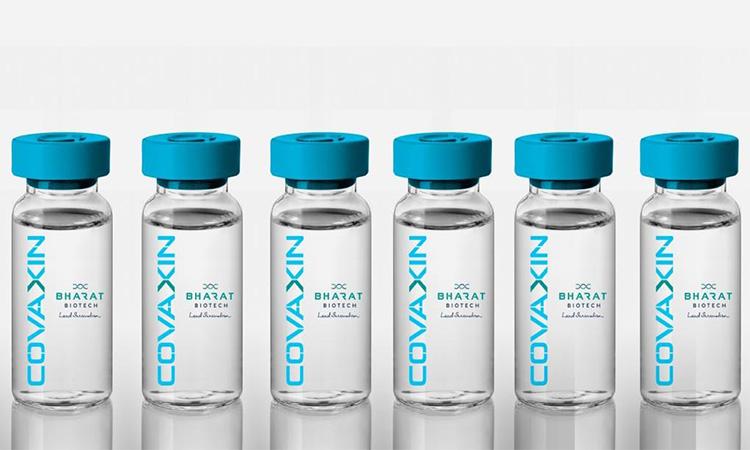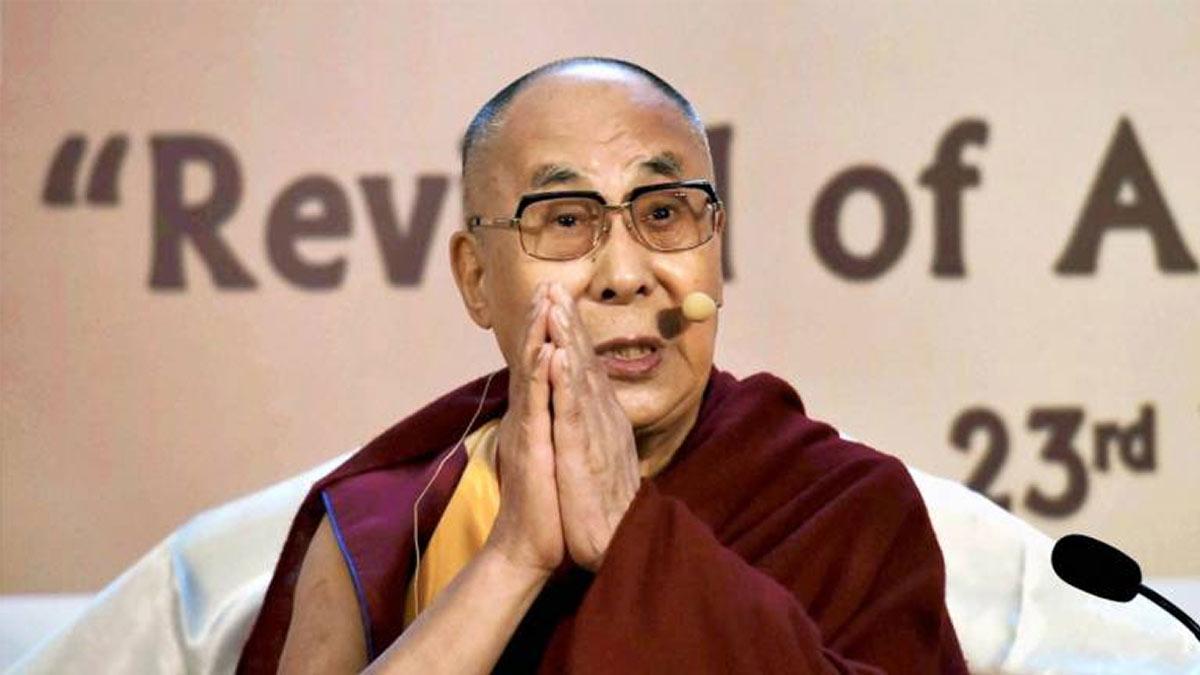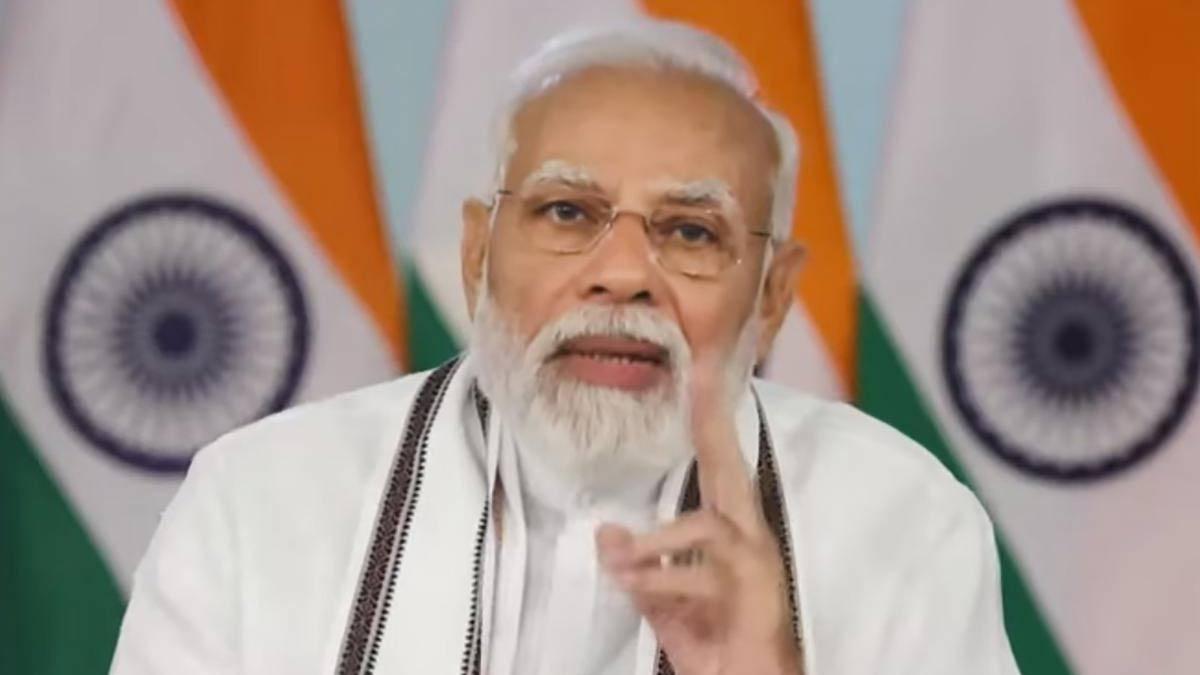The Hyderabad-based vaccine manufacturer Bharat Biotech on Thursday said that the recent study on Covaxin provides 'evidence for effectiveness' of India's first indigenous vaccine against Covid-19.
Reacting to a real-world assessment, which said that Covaxin is 50 per cent effective against symptomatic Covid-19, Bharat Biotech said, "These results provide evidence for effectiveness for Covaxin in real life settings."
The vaccine manufacturer said, "Bharat Biotech commends the investigators from AIIMS on the BBV152 study published in Lancet Infectious Diseases."
Also Read | India logs 9,119 fresh Covid cases, 396 deaths in 24 hrs
The firm further said, "An effectiveness result of 50 per cent achieved during the peak Covid-19 Delta variant wave in India, in a high-risk study population of physicians and healthcare workers, in a health-related environment, and who are challenged repeatedly with high viral loads, provides insights into the efficacy and effectiveness of Covaxin."
In a study published in the journal The Lancet, earlier this month, Bharat Biotech demonstrated Covaxin to be 77.8 per cent effective against Covid-19, and 65.2 per cent against Delta variant.
However, in the latest study researchers at AIIMS acknowledged that the vaccine effectiveness is lower than the efficacy reported by a recently published phase-III randomised control study of BBV152.
Also Read | Vasundhara Raje denies political connect to her Mewar yatra
Of the 2,714 employees in the study population, 1,617 people tested positive for SARS-CoV-2 infection, and 1,097 tested negative. The adjusted vaccine effectiveness against symptomatic Covid-19 after two doses of BBV152 with the second dose administered 14 or more days before undergoing RT-PCR testing was 50 per cent.
On the Delta variant, Bharat Biotech noted, "These results compare well with the 65.2 per cent efficacy obtained during the controlled Phase 3 clinical trials of Covaxin conducted among the general population."
Covaxin shot developed by Bharat Biotech in collaboration with the Indian Council of Medical Research (ICMR)-National Institute of Virology (NIV), in July announced the final results of its Phase-III clinical trials.


















